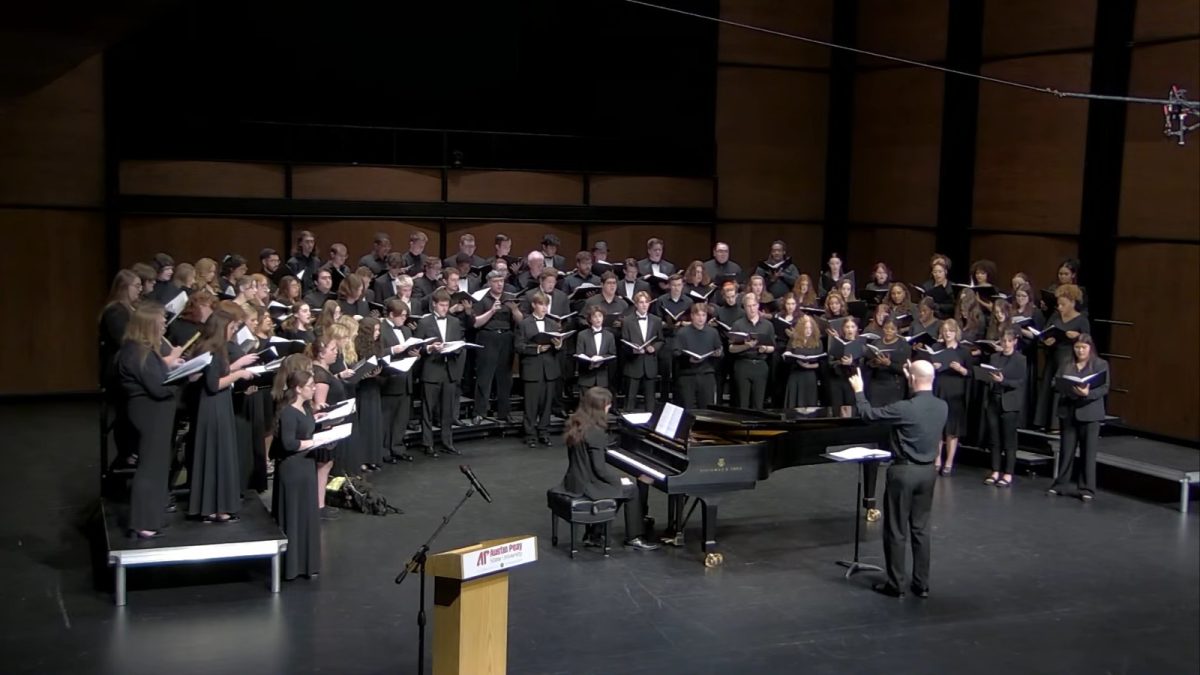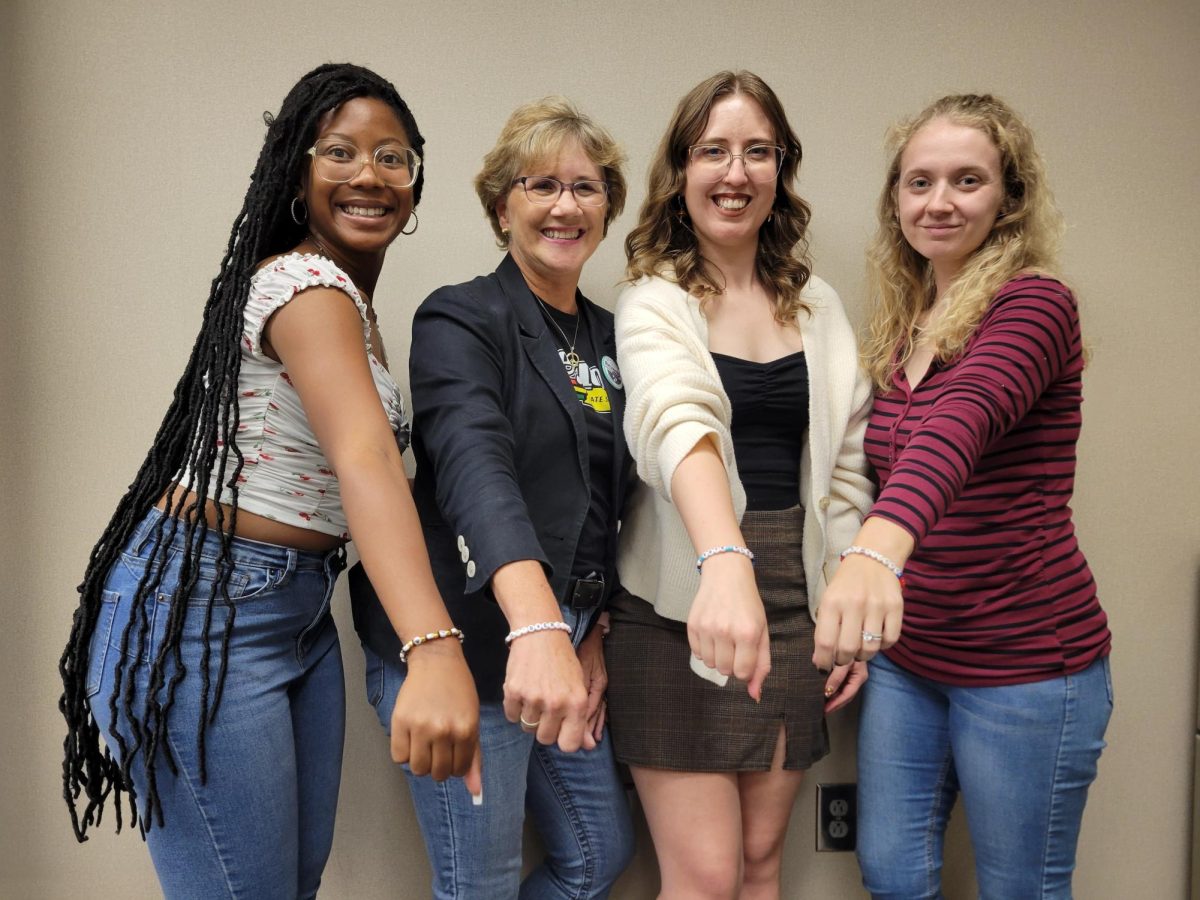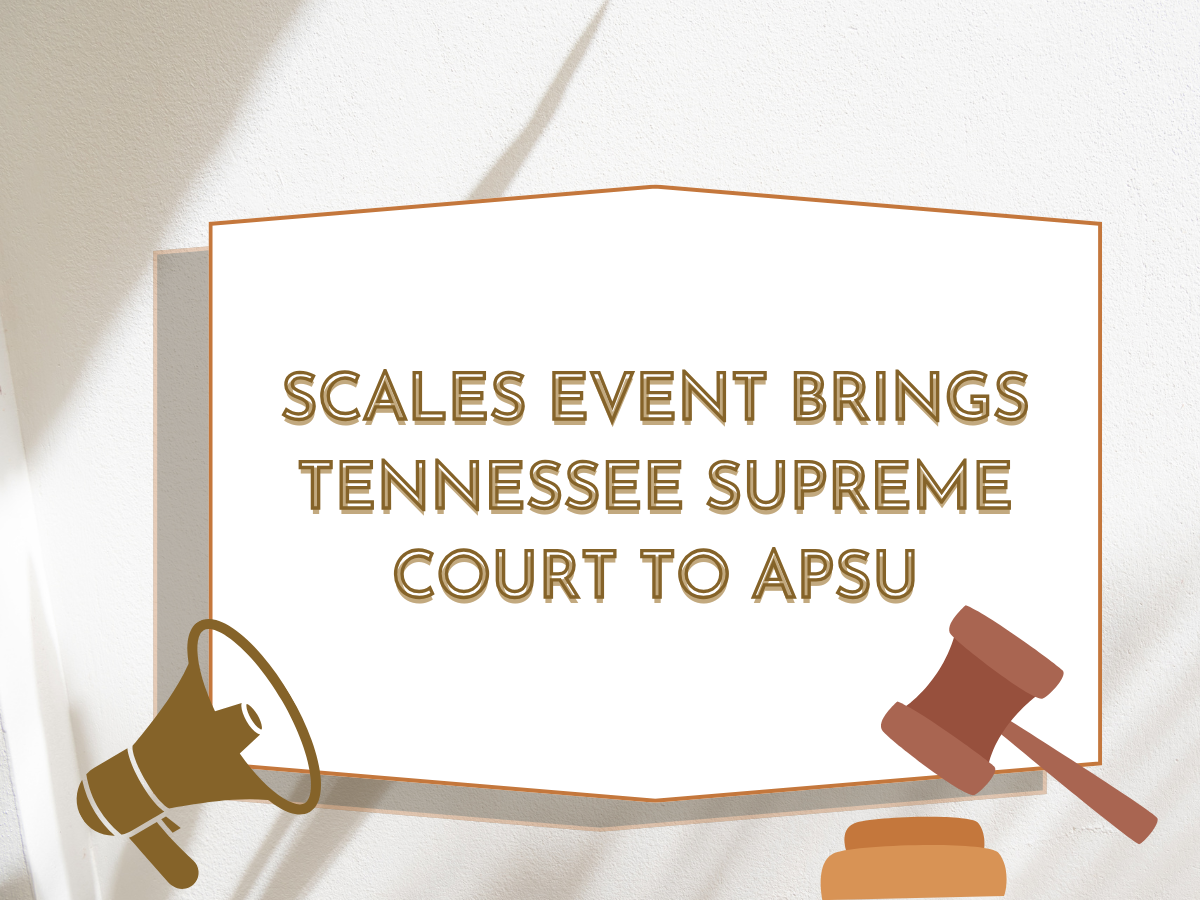AMANDA LEE MYERS, Associated Press
CINCINNATI (AP) — A federal judge who ordered Ohio to recognize the marriages of same-sex couples performed in other states says he’s inclined to issue a stay of his decision pending appeal, meaning most gay couples living in the state would see no immediate tangible expansion of their rights.
Judge Timothy Black ordered attorneys on both sides of the case to file their arguments over whether he should issue a stay no later than Tuesday afternoon. He indicated he would rule expeditiously.
Black said in his Monday ruling that he was inclined to stay his ruling pending appeal except in the case of the four gay couples who filed the February lawsuit that led to the court case.
If he rules as indicated, Ohio would immediately have to recognize the four couple’s marriages and list both spouses as parents on their children’s birth certificates.
Three of the four couples live in the Cincinnati area. They’re all women and one spouse in each relationship is pregnant and due to give birth this summer. The fourth couple lives in New York City but adopted their child from Ohio.
Black said Monday that the state’s gay marriage ban “most directly affects the children of same-sex couples, subjecting these children to harms spared the children of opposite-sex married parents.”
“Birth certificates are vitally important documents,” Black wrote. “Ohio’s refusal to recognize plaintiffs’ and other same-sex couples’ valid marriages imposes numerous indignities, legal disabilities, and psychological harms. Further, the state violates plaintiffs’ and other same-sex couples’ fundamental constitutional rights to marry, to remain married, and to function as a family.”
Black’s order does not force Ohio to allow gay marriages to be performed in the state, though civil rights attorneys in Cincinnati are planning to file a lawsuit in the next couple of weeks seeking such a ruling.
The state plans to appeal Black’s Monday order, arguing that Ohio has a sovereign right to ban gay marriage, which voters did overwhelmingly in 2004.
The civil rights attorneys who filed the February lawsuit argued in a filing late Monday that Black should allow his ruling to take effect immediately. They argue that the state’s appeal isn’t likely to succeed, there is no public interest in delaying the ruling, and that no irreparable harm will come if the ruling is implemented, except to the same-sex couples trying to be treated with fairness.
“This court’s order simply requires the state to recognize that which many other jurisdictions and the federal government already recognize — that these couples are indeed validly married and are entitled to the same dignity and legal protections other married families take for granted,” lead plaintiffs’ attorney Al Gerhardstein wrote in the filing.
Attorneys for the state have until Tuesday afternoon to file their arguments for why Black should stay his ruling until their appeal is decided in the 6th U.S. Circuit Court of Appeals in Cincinnati.
They are expected to argue that they are likely to succeed on appeal and that implementing the order to recognize out-of-state gay marriages, only to later have to reverse that process, would be overly burdensome.
If Black declines to stay the ruling, that would allow all married gay couples living in Ohio to obtain the same benefits as any other married couple in the state, including property rights and the right to make some medical decisions for their partner.
-Published by Andrew Thompson












